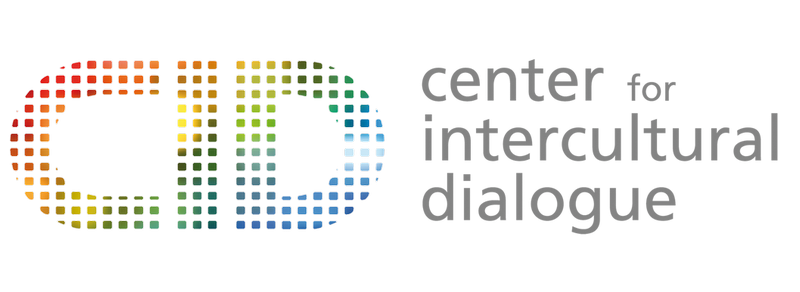During the month of November, CID hosted two interns from Finland. During four weeks, they joined activities organised by CID, travelled around Macedonia and observed the lifestyle of the people in Kumanovo and its surroundings. With only two days before their departure, the girls are sharing their experience with us.
Tell us a little about yourselves.
Mira: I’m Mira, I’m 30 years old. I live in Kerava, a town near Helsinki. At home I am mainly involved in youth work through organising outdoor activities in the youth center nearby.
Tanja: I’m Tanja, I come from the Lapland region of Finland, from a city called Inari. For the past few years I’ve been working in youth centers organising activities and coordinating international projects. I am doing events management, mainly camp schools and outdoor activities, and I am working with different age groups, both Finnish and international.
Why did you decide to apply for an internship in Macedonia and how much did you know about this country before your arrival?
Tanja: I gained interest in international projects during my work and I discovered an interest in countries that are affected by ethnic tensions or conflicts; I would like to visit such countries in order to learn more about conflict management, and Macedonia seemed like a good place to start.
Mira: I wanted to have an international experience which lasts more than 2 weeks and to see a totally different kind of environment. We didn’t have many expectations about how it would look like, we wanted to come and discover.
Tanja: The previous EVS volunteer here in CID, Aurora Salmi, wrote a report on her experience in Macedonia, and this is how we learned more about what living in Macedonia would look like.

If you were to compare youth work in Finland and Macedonia, what would you highlight?
Mira: I have been working in a youth center that is run by the government, which means that it is systemized and regulated by the youth law; I realized how much it matters to have the support of the government in organising and promoting your activities.
Tanja: It is a positive thing, because it means that the youth work of educators and teachers is supported by the state, both financially and legally. Activities under the tag of Lifelong learning and non-formal education are a common sight in Finland. Youth centers, for example, get 30% financial support for their activities and up to 70% for renovation and investment. But youth centers in Finland have a different concept: they are located usually in remote areas, and provide different services, including hosting weddings, tourists, corporate events, acting as a restaurant and a hotel. Youth groups get the chance to organise their activities for free or with a good discount, and it contributes to the sustainability of the youth centers.
Was there something that created a strong impression on you here in Macedonia?
Tanja: I would mention people’s behavior. I was surprised at how safe it feels to walk on the streets or leave your thigs/drinks unattended in bars/cafes.
Mira: People are kind and wear lots of smiles, which surprised me because I realized that owning more/being more financially secure doesn’t add up to being happy.
Any concluding remarks?
Mira: I noticed that what the people in CID do seems to be very important for the community. I hope that the government of Macedonia will offer more support to youth-led initiatives and that young people will activate themselves and join these initiatives.
